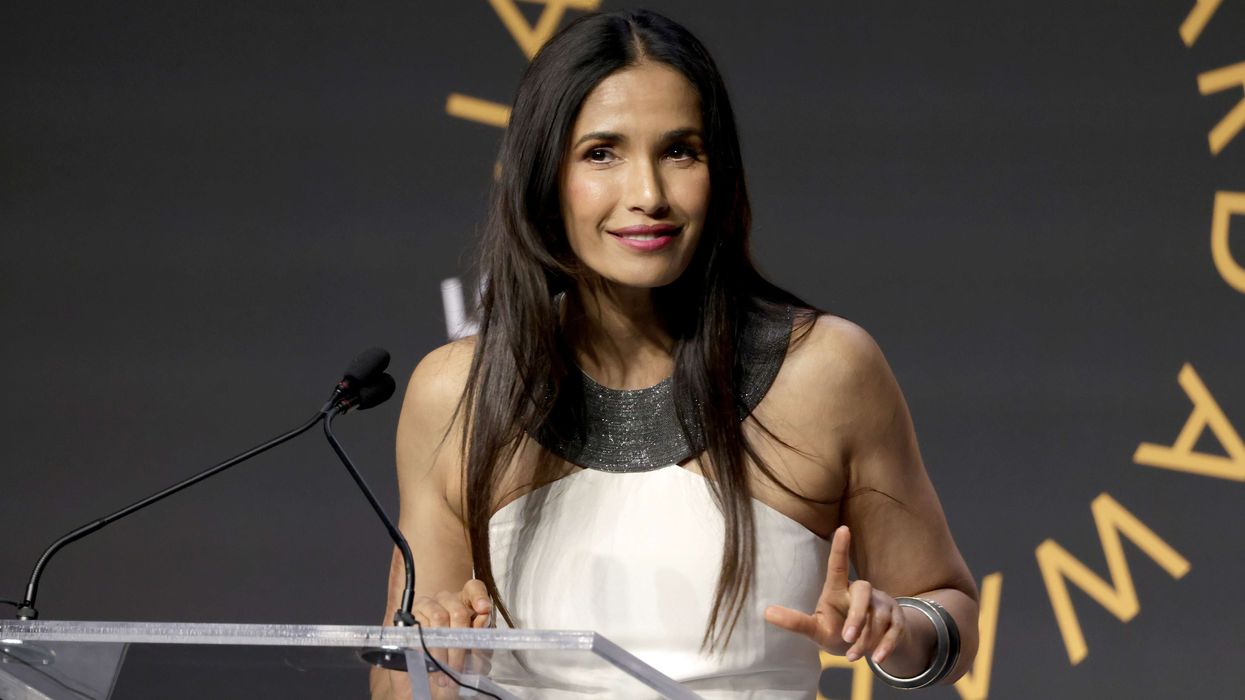Health secretary Matt Hancock has thanked British Muslims for staying at home over Ramadan.
All mosques in the UK will be closed for the month of Ramadan, which begins today, to ensure there is no congregational prayers and social distancing guidelines are maintained.
Furthermore, key Muslim figures such as Mayor Sadiq Khan have urged people to do iftar - the breaking of the fast - at home and not to do gather with friends and family, which is usually the norm.
"I know how important the daily iftar is, how important communal prayers are at night, and how important the Eid festival is," he says.
"Thank you for making major changes to these vital parts of your practice," he says, adding: "Ramadan Mubarak." (Happy Ramadan).
According to figures from NHS England last Friday (17), coronavirus is disproportionately affecting BAME communities in the UK. Of the 13,918 patients in hospitals in England who had tested positive for the virus at time of death, 16.2 per cent were of BAME ethnicity.
With Muslims in the UK predominantly made up from BAME communities, the NHS has issued additional guidance as a reminder for British Muslims to stay away from social gatherings during the holy month in view of the devastating coronavirus pandemic.
The NHS said managers and staff working in hospitals and healthcare settings have also been issued advice to cover adjustments over working hours and fasting arrangements for Muslim colleagues.
“The whole of the UK is continuing to make huge efforts and sacrifices to delay the spread of the coronavirus. As Ramadan and Eid occur during the projected peak of COVID-19, the NHS has issued additional guidance as part of a package of wellbeing support for all NHS people,” said Dr Habib Naqvi, NHS Deputy Director Workforce Race Equality Standard.
“This is another critical period when Muslims, along with other communities, should make use of online platforms and alternative approaches to communicate with family and friends and stick with government guidelines regarding social distancing. The coronavirus restrictions are still very likely to be in place by Eid, so the key message remains: stay at home, protect our NHS and save lives," he said.
Many mosques across the UK have been ramping up their online presence, already offering daily sermons or prayers sessions, with Imams working to continue to engage with their communities and help keep up morale during these trying times.
“The message for this Ramadan is clear: fast and pray at home and share Ramadan digitally. This is the way to help save lives,” said MCB secretary general Harun Khan.
“Ramadan is about connecting to God through worship, reflection, compassion and giving back to others. It is important to use this time to reconsider, to reflect on the way we live our lives and the way we relate to our creator, our communities and those in need. We must be sure to celebrate Ramadan in the safest way possible: in our homes,” he said.












